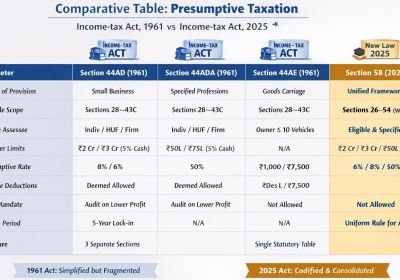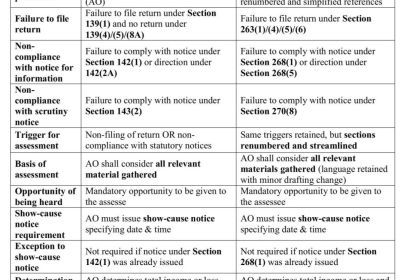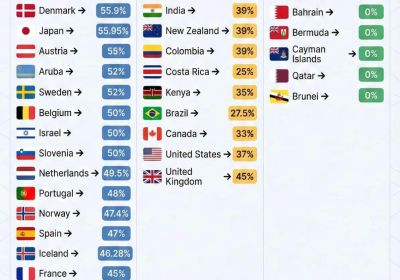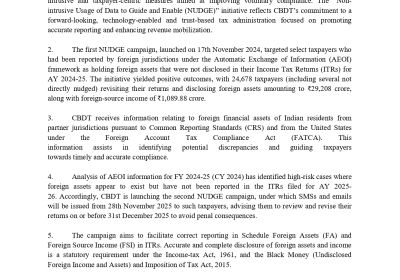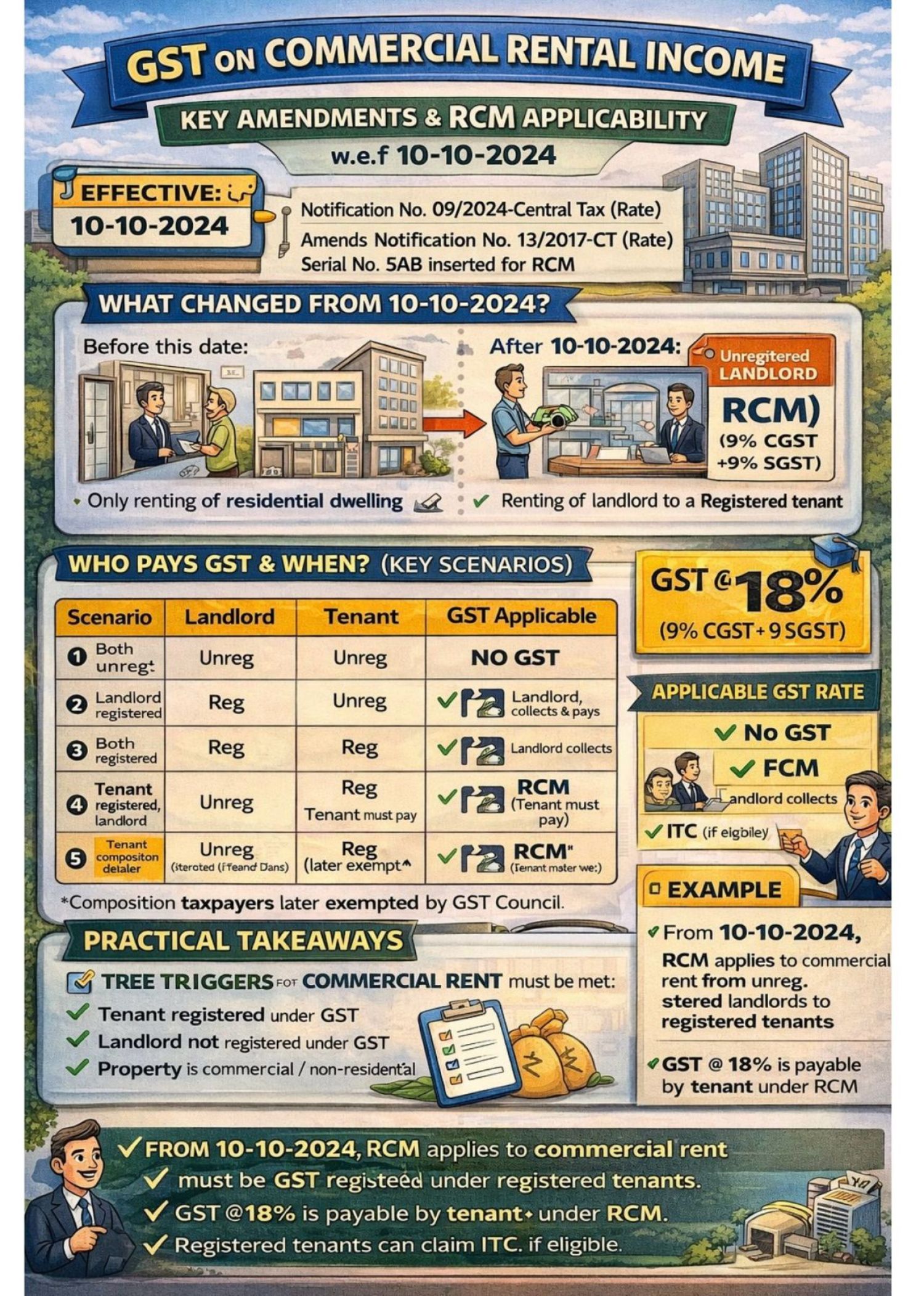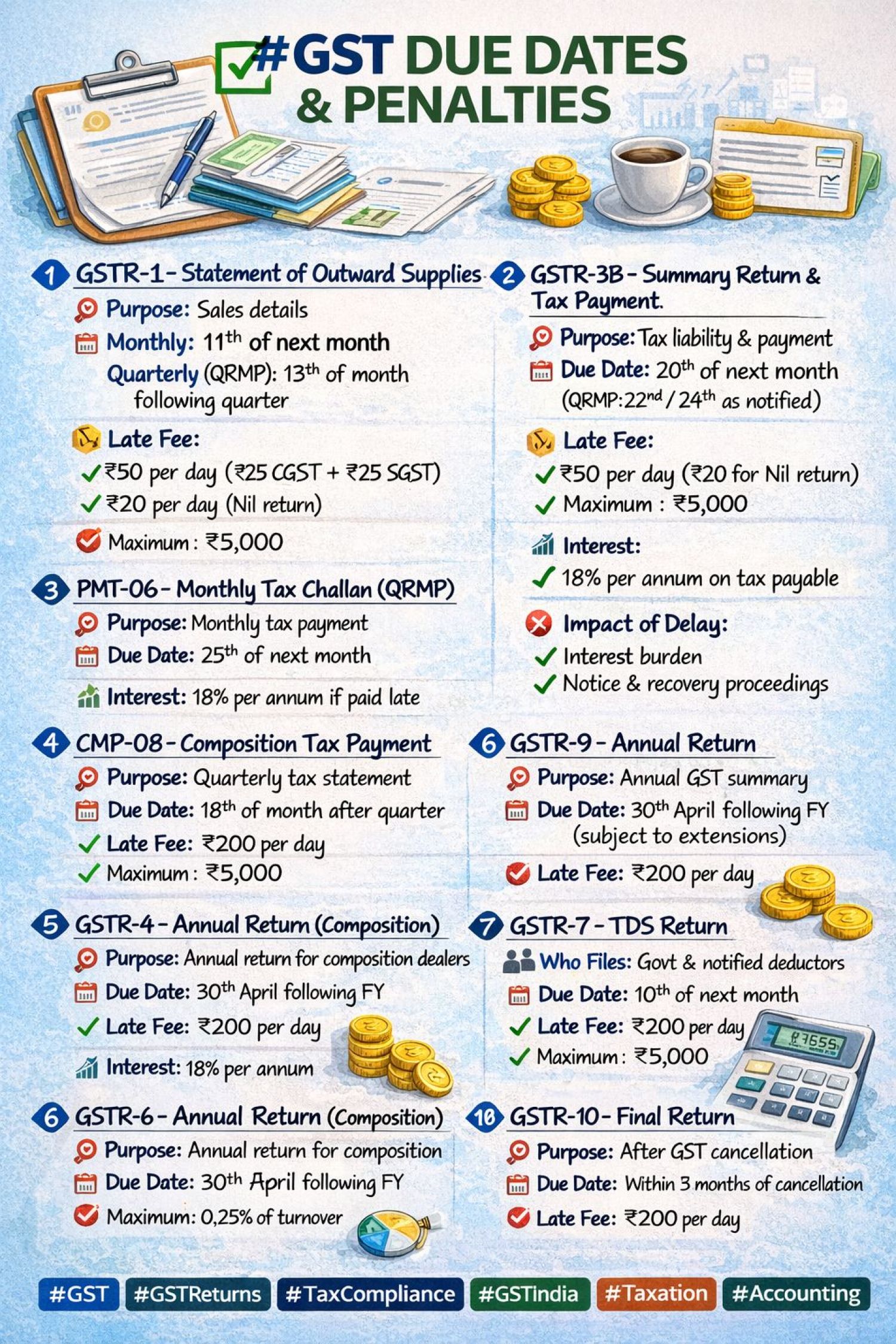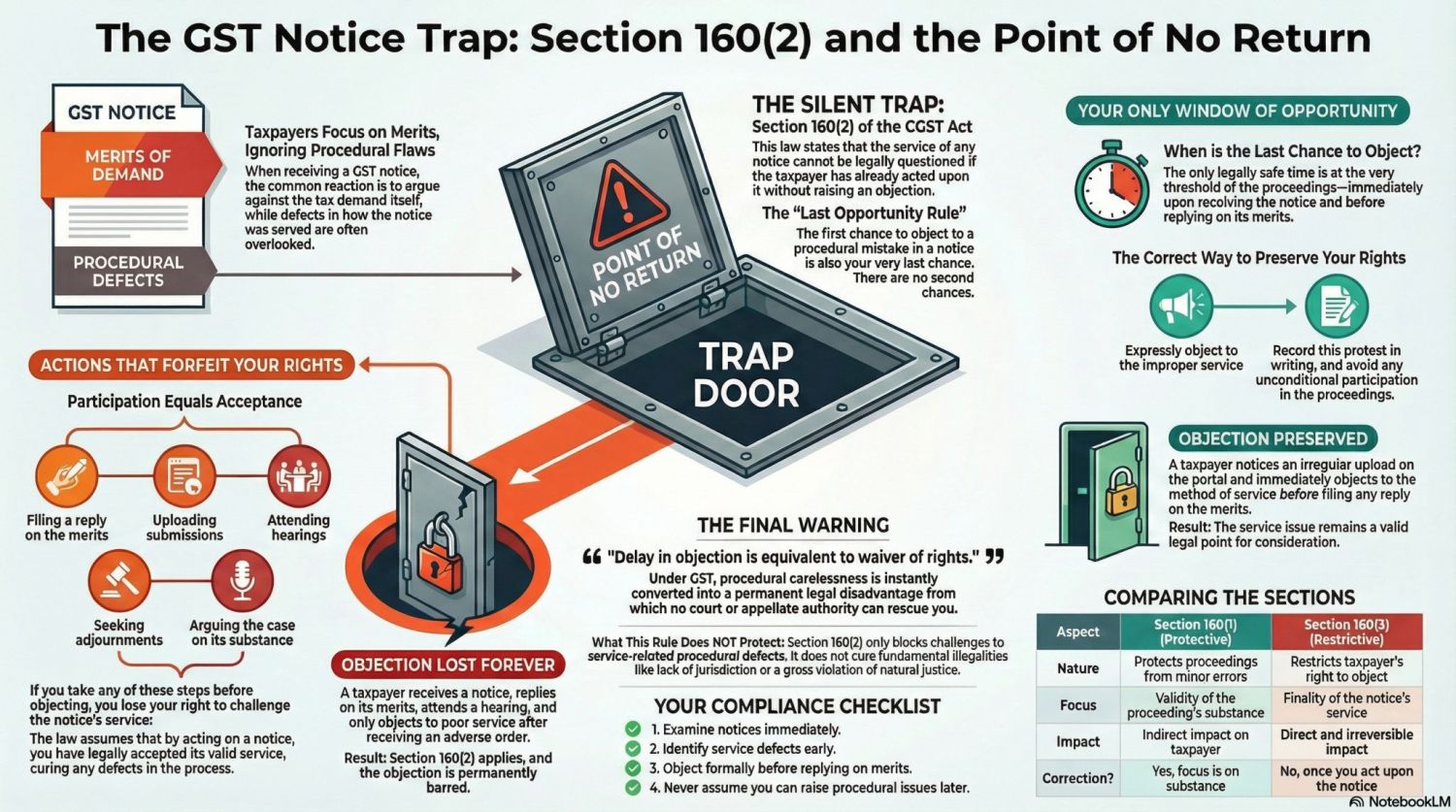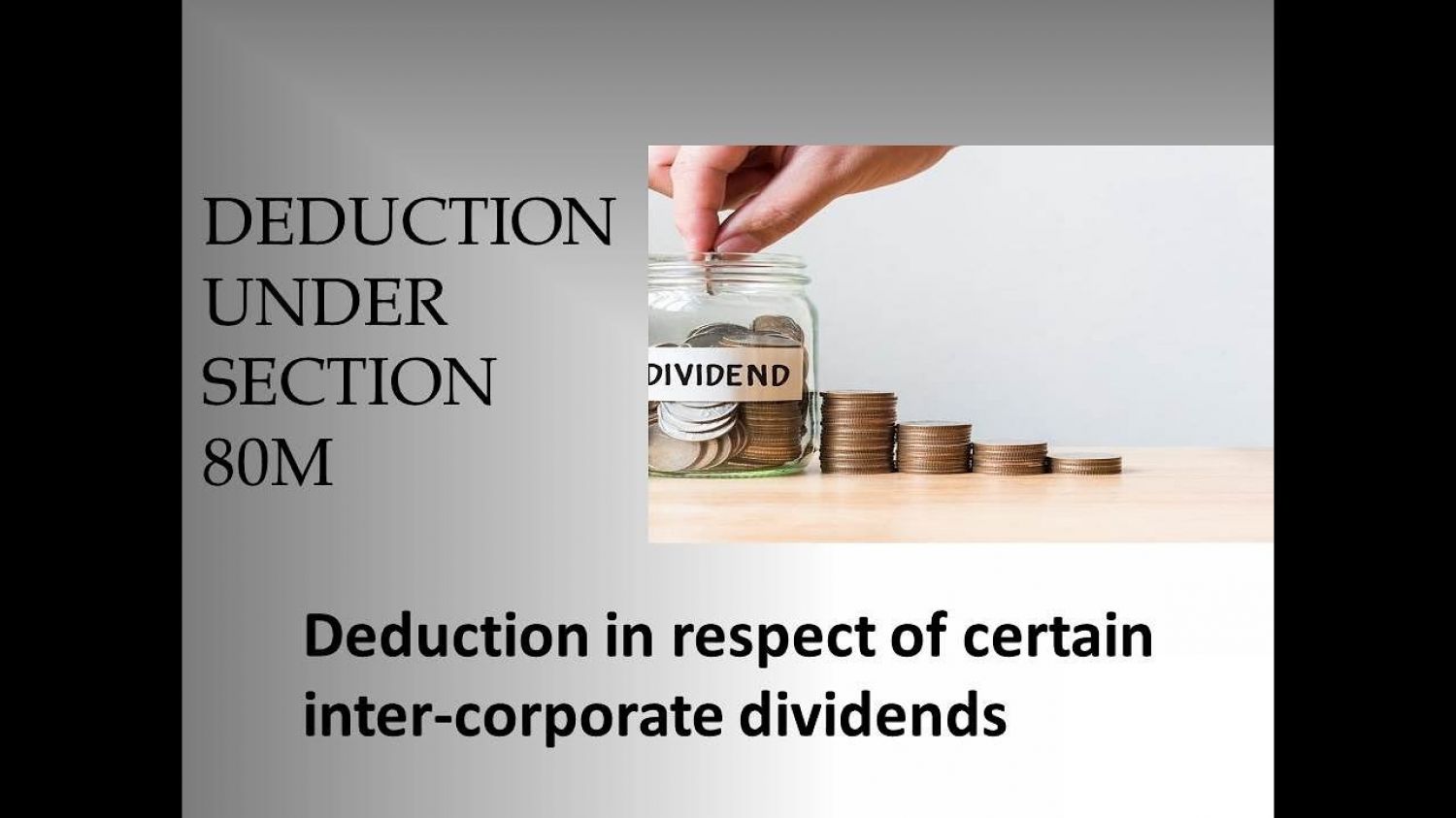
Taxation of Inter-Corporate Dividends under section 80M of Income Tax Act 1961
BRIEF INTRODUCTION
The Finance Act 2020 has brought with it a slew of measures and reforms to boost the expansion of the economy and improve tax administration. In order to reduce tax and compliance burden on corporate entities, the Central Government decided to insert section 80M under the Income Tax Act, 1961.
INTER-CORPORATE DIVIDENDS
Inter-corporate dividends is the amount of dividend received by a corporation, by the virtue of its shareholding in another company. Such dividends are exempt from tax after they are received from a domestic company if received before the first of April 2020.
SECTION 80M
When an organization with reference to its shareholding in another company receives dividends, such dividends are called inter-corporate dividends. These dividends are exempt from tax if they're received from an Indian Company before April 1, 2020. Thus, Sec. 80M applies to those domestic companies, who have announced dividends and are also receiving Inter-corporate dividend. A deduction is agreed with reference to the dividend acknowledged as long because it is distributed as a dividend one month earliest to the day of the month of filing returns
PURPOSE
Section 80M is applicable with regard to dividends provided on or after April 1, 2020 (AY 2021-22 onwards. the aim of Sec 80M is to confirm that when a company has comprised dividends from a domestic company as a part of its taxable income and has also distributed dividends to its shareholders, some benefit is provided to the company by assuming that such distribution is first made out of the dividends acknowledged and thus, allowing deduction to the company with reference to such distributions.
To the extent dividends are further distributed, the corporate is supposed to be a transparent entity. The dividends reach the hands of the ultimate shareholders, where they're susceptible to be taxed. While it's a pre-requisite that each one the companies involved within the chain and allocating dividends must be domestic companies, there's no related qualification as far because the shareholders to whom such distribution is formed. Hence, the recipient of the dividend could okay be a non-resident individual or a remote corporate entity.
SCOPE
A deduction is provided in respect of dividend received at least one month prior to the date of filing Income Tax Return.
PERIOD OF APPLICABILITY
The said section shall be applicable in respect of dividend, being distributed on or after 1st April 2020 i.e. from AY 2021-22 onwards.
LAW BEFORE INTRODUCTION OF SECTION 80M
It is to be noted that section 80M did exist in some kind of different form in the earlier tax law however, the same was discontinued after the introduction of Dividend Distribution Tax (DDT). DDT was brought introduced to make it easier to gather the tax at one point i.e., within the hands of the corporate declaring the dividend itself, since the technology infrastructure at that point made it difficult to trace the dividend income once it had been distributed to the shareholders. Thus, tax on dividend was charged at the time of its distribution and was hence made exempt within the hands of the recipient or the shareholders.
Also, in case of Holding-Subsidiary companies, the holding companies used to receive a deduction in respect of dividend received from their subsidiary companies, since the subsidiary has already paid DDT on the said amount of dividend. Hence, in order to avoid double taxation DDT was introduced.
Now, this section has been inserted in order to shift the incidence of taxation on dividend income from the corporate paying dividend to the shareholder. The present technology infrastructure allows tracking of dividend income and hence provisions associated with DDT have outlived its purpose. Furthermore, the scope of Section 80M deduction has been extended to all the domestic companies, and hence reduce the scope of double taxation on dividend income.
RE-INTRODUCTION OF SECTION 80M
The Finance Bill 2020 proposed plethora of amendments within the tax Act, 1961 on different aspects. One among these changes were to relieve the corporates from DDT on dividends distributed by them and hence making dividends taxable within the hands of the recipient.
PRE-REQUISITES FOR CLAIMING DEDUCTION
It is provided that the amount of dividend eligible for deduction, shall be the amount distributed as dividend on and before the following date -
- One month prior to the date of filing of Income Tax Return, as required under sec 139(1) of the IT Act 1961.
- The Act requires the amount to be distributed to the shareholders before the day of the month; only announcement on or before the due date won't allow the corporate to claim this deduction.
ELIGIBILITY CRITERIA
Actual receipt might not be necessary.
- Dividend income are going to be meant to be the income of the FY within which it's announced/ distributed/ paid;
- The interim dividend are meant to be the income of the FY during which the amount of this dividend is unconditionally made accessible by the corporate to the shareholders.
SUMMARIZATION
- Dividend acknowledged from domestic companies; or,
- Amount of dividend distributed one month before the day of the month of filing return; whichever is lesser.
- The incidence of tax burden on dividend income shall stand shifted from the payer to the recipient.
- This has led to reduction in the scope of double taxation of dividends income.
- Dividend Distribution Tax was applied at a flat rate using the concept of grossing up with none respect to the marginal rates of tax. However, from now onwards, the dividend shall be charged at the marginal rates of tax.
CONCLUSION
- Amount of dividend should have been received from domestic companies; or,
- The said amount should have been distributed at least one month prior to the filing of IT return. The various laws amended/inserted during this regard when read together have the subsequent effect:
- The incidence of tax burden on dividend income shall stand shifted from the payer to the recipient.
- This has led to reduction in the scope of double taxation of dividends income.
- Dividend Distribution Tax was applied at a flat rate using the concept of grossing up with none respect to the marginal rates of tax. However, from now onwards, the dividend shall be charged at the marginal rates of tax.
At RJA, we help and at the same time assist our clients to adhere to various tax compliances, comprising of Income Tax Assessments, filing of Income Tax Return and TDS returns, and other related services, and hence provide them adequate support and guidance to accomplish the same. If you have got any questions or wish to grasp more about Section 80M of the Income-tax Act, kindly contact us.


